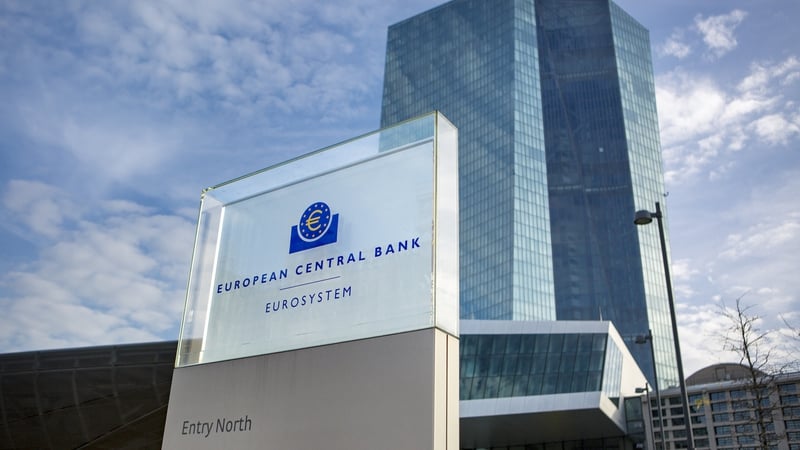Euro zone inflation is falling as expected, or even a bit faster, but the European Central Bank must keep the possibility of an interest rate hike on the table, policymakers agreed last month, according to the accounts of their October 25-26 meeting.
The ECB held its deposit rate at a record high 4% in October, ending the steepest rate hike cycle.
Policymakers since the gathering made the case for steady rates for the next several months or quarters, fuelling market expectations that the next move could be a cut, possibly as soon as April.
"The view was held that the Governing Council should be ready, on the basis of an ongoing assessment, for further interest rate hikes if necessary, even if this was not part of the current baseline scenario," the ECB said.
But holding rates steady appeared to be an easy decision as policymakers were in unanimous agreement and concluded that all of their criteria on assessing inflation performance were moving in the right direction.
"Overall, the process of disinflation seemed to be proceeding largely as expected," the ECB said. "If anything, the disinflation process was proceeding somewhat faster than expected."
Still, policymakers were not keen to read too much into surprisingly benign numbers from the recent past, arguing that labour market tightness could reduce the effectiveness of policy tightening and much of the impact from past rate hikes has yet to be fully felt.
The ECB now sees inflation back at its 2% target in 2025 and policymakers appeared to be in agreement that the final part of getting price growth down could be the most challenging.
"It was generally assumed that the 'last mile' in bringing inflation back to target was the most difficult, policymakers said. "It was cautioned against declaring victory over inflation at the current stage."
The accounts also showed there was little to no discussion about an early end to reinvestments in the €1.7 trillion Pandemic Emergency Purchase Programme, with policymakers concluding that such talk was premature.
In fact, policymakers agreed to remain flexible in spending cash from maturing bonds in this scheme, the bank's main policy tool during the pandemic.
Still, a host of policymakers have argued both before and since the meeting that full reinvestment until the end of 2024 was too much and the ECB should discuss winding down the scheme early.
